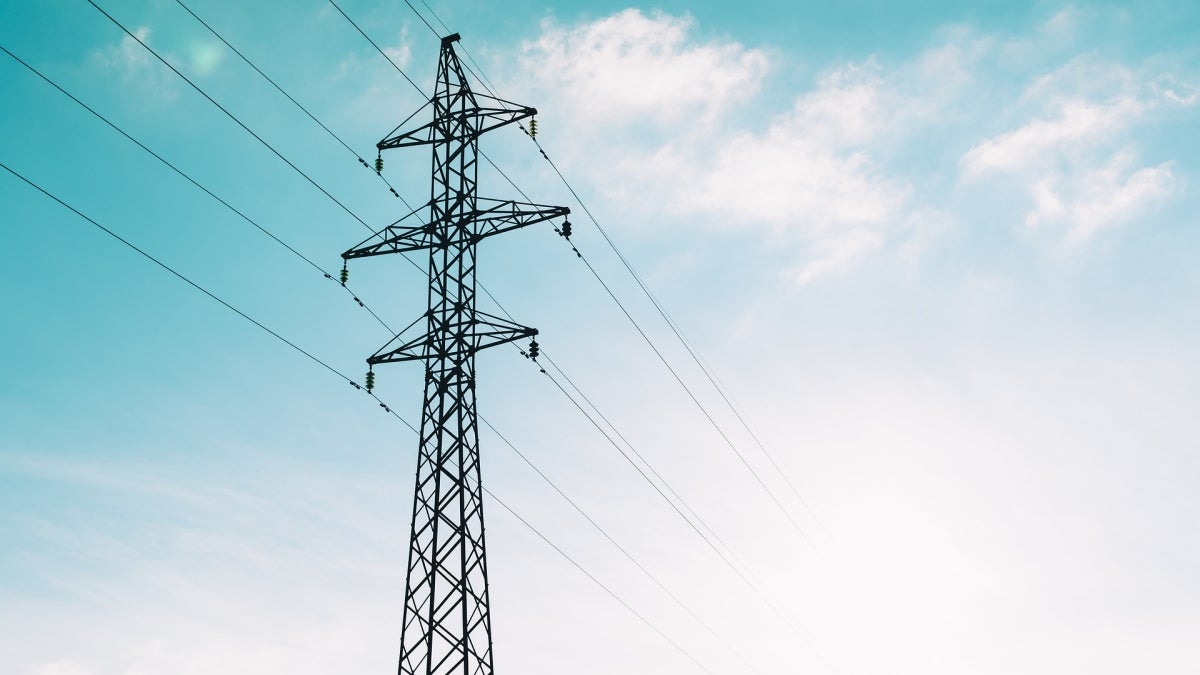Regional clean hydrogen hub develops in the Desert Southwest

Energy leaders across the Southwest are launching a regional network with more than 40 members called "SHINe." Once fully operational, SHINe will help support the U.S. Department of Energy's vision for a regional clean hydrogen hub that provides clean energy for hard-to-abate carbon emissions in the transportation, industrial and electricity sectors. Image courtesy of Pexels by Pixabay
Energy leaders focused on developing low-carbon economies in Arizona, the Navajo Nation and Nevada have joined forces to develop a regional clean hydrogen hub in the Southwest.
The Center for an Arizona Carbon-Neutral Economy (AzCaNE), housed within the Julie Ann Wrigley Global Futures Laboratory and first introduced in May, is collaborating with partners in the aforementioned areas to launch the Southwest Clean Hydrogen Innovation Network, or “SHINe.”
On Nov. 7, as its first step in developing the hub, SHINe submitted a concept paper to seek federal funding from the U.S. Department of Energy (DOE) for key clean hydrogen-focused initiatives, including production, processing, storage, delivery systems, community benefits and other enabling infrastructure. Once fully operational, SHINe will help support the DOE’s vision of a regional clean hydrogen hub that provides clean energy for the hard-to-abate carbon emissions in the transportation, industrial and electricity sectors while maintaining a reliable and resilient electric grid. SHINe will also work to create economic development opportunities in the region.
“A regional clean hydrogen hub focuses on developing a network of hydrogen producers, consumers and local connective infrastructure,” said Ellen Stechel, AzCaNE’s executive director. “The SHINe network includes salt cavern storage, heavy-duty transportation and distribution technologies that will help accelerate the use of clean hydrogen as a source of low-carbon energy powering the economy.”
In September, the DOE announced that up to $7 billion is available to fund the development of six to 10 U.S.-based regional clean hydrogen hubs. Regional clean hydrogen hubs funding was outlined as part of President Joe Biden’s Infrastructure Investment and Jobs Act, otherwise known as the Bipartisan Infrastructure Bill, which authorized up to $8 billion for at least four regional clean hydrogen hubs.
These hubs are meant to help communities across the country benefit from clean hydrogen investments, quality jobs and improved energy security. When coupled with other public and private investments in new clean hydrogen production, the hubs are expected to accelerate a nationwide clean hydrogen network and economy.
Arizona, the Navajo Nation and Nevada are in the nation's sunniest region, with a signifcant presence of available, undeveloped land and abundant clean energy resources. Arizona also has the nation’s largest nuclear power plant producing 100% carbon-free electricity, as well as energy providers in the state committed to reducing carbon dioxide emissions. World-class universities, established clean energy and clean hydrogen companies, and a healthy environment for innovation and startups are other Arizona highlights.
Furthermore, the Navajo Nation is one of the largest tribes in the U.S., has a land base larger than West Virginia and is transitioning to a clean energy economy, while Nevada is an early investor in clean hydrogen infrastructure, which will be necessary to integrate more hydrogen-fueled vehicles. These resources, along with the region’s proximity to California, will contribute to decarbonizing the region and ultimately the entire U.S.
SHINe includes more than 40 member organizations with expertise and operations throughout the region, including cities, clean energy companies, gas-producing companies, nonprofits, transit companies, universities, utilities and others, including the following:
- 174 Power Global Corp.
- Air Liquide
- Arizona Commerce Authority
- Arizona Public Service
- Arizona Solar Energy Industries Association (AriSEIA)
- Arizona State University
- EDF Renewables
- Elemental Resources
- First Mode
- Hyve 1
- Linde Inc.
- Navajo Nation
- NextEra Energy Resources LLC
- Nevada Governor’s Office of Energy
- Nikola Corporation
- Northern Arizona University
- Phoenix
- Phoenix Hydrogen
- Regional Transportation Commission of Southern Nevada
- Salt River Project
- SidePorch Consulting LLC
- Stonebridge Sustainability Solutions, Inc.
- Southwest Gas
- Tucson Electric Power
- University of Arizona
- University of Nevada Las Vegas
- Vopak New Energies
More Environment and sustainability

Charles Redman, founder of the School of Sustainability, faces a new adventure: Retirement
At the retirement celebration for Charles Redman on Oct. 22, two messages persisted: Redman’s contributions to Arizona State…

10 climate insights to guide our future
A group of globally renowned social, natural and climate scientists has once again convened to offer their newest annual…

The future is green: Job demand translates to high employability for ASU sustainability grads
A 2023 report by Forbes on the state of green jobs confirmed what Arizona State University has been trumpeting for years:…